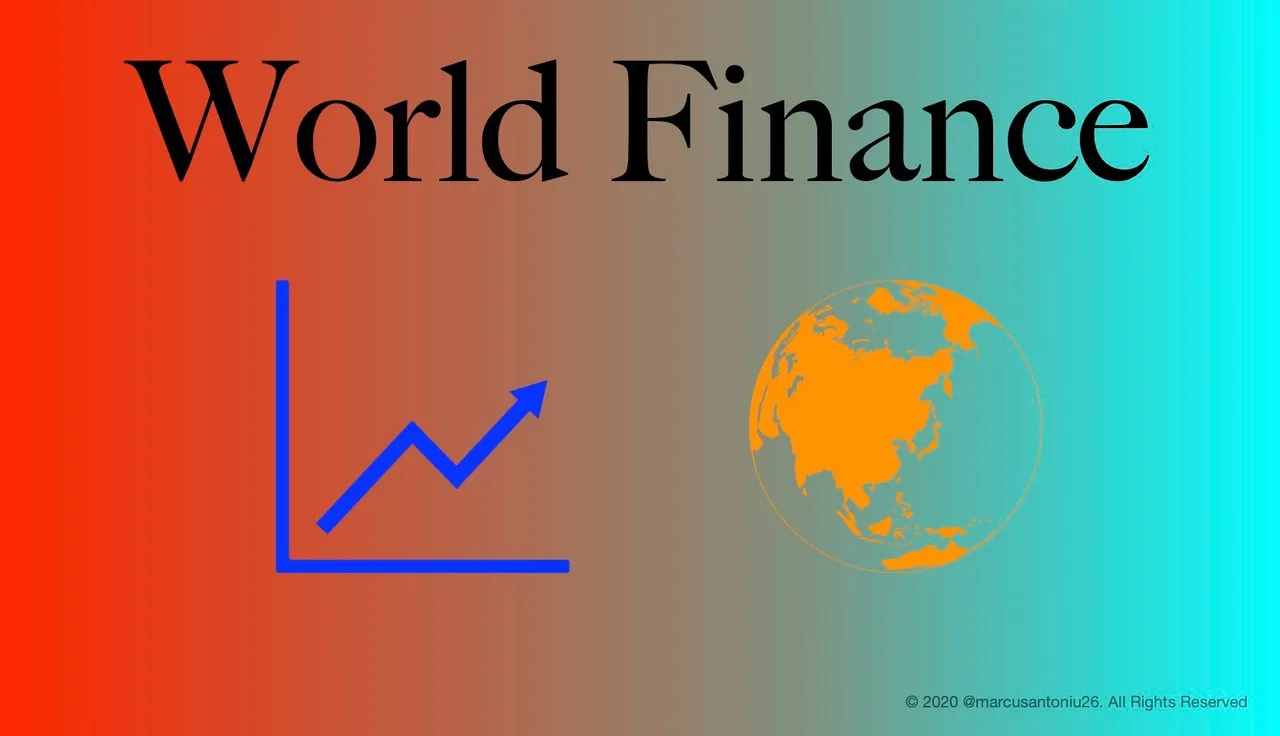
The price of eggs remain at values which are about twice what they were a year ago. The average cost of a dozen eggs is US$ 4.25, while organic or "cage-free" eggs are above US$ 7 per dozen. The avian influenza remains the main reason why this is happening.
The avian influenza, also known as bird flu, is a highly contagious viral infection that affects domestic poultry and wild birds. Outbreaks of avian influenza can have a significant impact on the egg industry, as it can lead to the culling of large numbers of birds, resulting in a decrease in egg production and an increase in egg prices.
When an outbreak of avian influenza occurs, farmers are often forced to cull their birds to prevent the spread of the disease. This can lead to a significant decrease in the number of birds available for egg production, which can result in a shortage of eggs and an increase in egg prices. This is because there are fewer eggs available for sale, and the remaining eggs are in higher demand, causing the price to rise.
Furthermore, the avian influenza can also affect the supply chain of eggs, as countries may impose trade bans on eggs from affected areas to prevent the spread of the disease. This can lead to a decrease in the number of eggs available for export, which can result in an increase in egg prices in other countries. Additionally, the cost for farmers to implement the biosecurity measures to prevent the spread of the disease and the cost of culling infected birds can also increase the price of eggs.
Additionally, avian influenza can also affect the consumer's confidence in egg products, which can decrease the demand for eggs and result in lower prices.
In summary, the avian influenza epidemic among birds can have a significant impact on the price of eggs. Outbreaks can lead to a decrease in egg production, as farmers are forced to cull their birds, resulting in a shortage of eggs and an increase in egg prices. The disease can also affect the supply chain of eggs, as countries may impose trade bans on eggs from affected areas, resulting in a decrease in the number of eggs available for export and an increase in egg prices. Furthermore, the cost for farmers to implement biosecurity measures and the cost of culling infected birds can also increase the price of eggs.
For further information, read this article